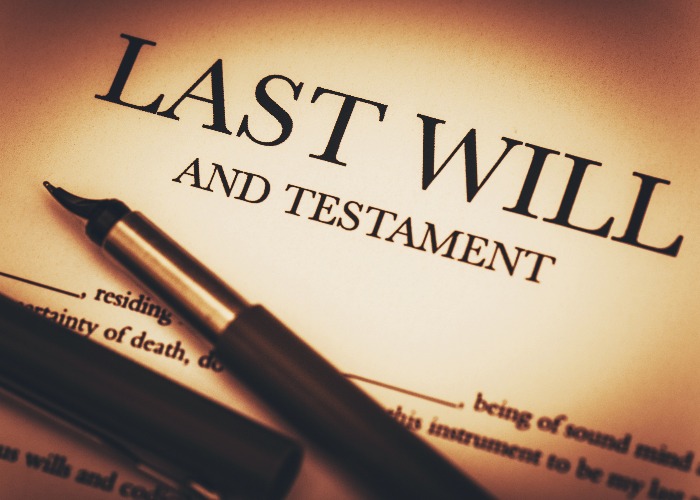How to be an executor

Being named as an executor of a will comes with many duties and responsibilities. We run through what you need to know about being an executor.
Sections
What is an executor?
An executor is the person, or people, appointed to deal with the administration of the estate of a person who has died. The term ‘estate’ refers to everything a person leaves behind, including money, property, debts, investments and possessions.
An executor normally has to apply for a special legal authority called probate before they can deal with the estate.
Who can be an executor of a will?
Anyone aged 18 or above can be an executor of a will. There’s no rule against people named in a will as beneficiaries also being executors. In fact this is very common and many people choose their spouse, civil partner or children to be an executor.
Up to four executors can act at a time, but most people appoint two. Executors have to act jointly, so it might not be practical to appoint the maximum number of people. The official paperwork may have to be signed by all of the executors, even if they agree that one of them is doing the administration.
People often appoint one family member and a professional such as an accountant or solicitor to be executors of their will. You’ll have to pay the professionals, but their specialist knowledge can help the process run smoothly. The cost varies depending on the firm. Some will charge an hourly rate, while others will instead look for a flat fee calculated according to the value of your estate. This tends to be between 1% and 5% of the estate.
If you want to find a solicitor you should take a look at the Law Society website.
Probate
Executors complete a number of administrative, legal and tax-related tasks.
The first thing they usually need to do is the legal step of applying for a grant of probate (in England, Wales and Northern Ireland) or confirmation (in Scotland) to prove that the executors have the authority to deal with the deceased’s assets to companies and institutions.
Currently, probate costs a flat fee of £215 for all estates worth at least £5,000. However, the Government is currently consulting on plans to move to a tiered system, depending on the value of the estate. This could see the most expensive estates cost a whopping £20,000 in probate fees.
For more, read The new 'Death Tax': Government to ramp up probate fees.
Take control of your pension with a SIPP
Administration
Next, the executors need to locate all the financial documentation belonging to the person who died and send the organisations concerned a copy of the death certificate.
In return, the companies should confirm the value of the money held at the date of death and the amount of income received during the last tax year up until the date of death.
The deceased’s bank accounts should be frozen and a new account opened on behalf of the estate.
Executors need to find out if money is owed to the estate and collect this money. They also need details of money owed by the person who has died – and to make sure these debts are paid.
Once they have all the information, the executor can write a list of the property, money and possessions in the estate. Once the debts are settled and Inheritance Tax is paid (see below), the remainder will then be shared out between the beneficiaries as per the deceased person’s will.
Tax
Executers also need to work out, or get an accountant to work out, the amount of Inheritance Tax due on the estate and arrange for it to be paid.
Inheritance Tax will have to be paid on most estates valued over £325,000.
There is no Inheritance Tax to pay on gifts left to a spouse, civil partner or charity. If the deceased had a spouse or civil partner who died before them, their Inheritance Tax threshold could be worth up to £650,000 (twice the current threshold).
A new 'family home allowance' is also being introduced, which effectively ups the Inheritance Tax limit to £500,000, or £1 million per couple, if the estate includes a property being passed to direct descendants.
Executors will also need to liaise with HM Revenue & Customs to find out how much Income Tax and Capital Gains Tax is owed by the deceased – and arrange for it to be paid.
Take control of your pension with a SIPP
Future issues
Being an executor is an important role – even when everything is done and dusted, if any claims against the estate come up in the future, you will have to deal with them.
Think carefully before agreeing to be an executor as once you have started your duties you are obliged to see them through.
'Reasonable expenses'
You shouldn't be left out of pocket as a result of the work you have to put in as an executor. You can claim 'reasonable expenses' from the estate for this work.
Comments
Be the first to comment
Do you want to comment on this article? You need to be signed in for this feature